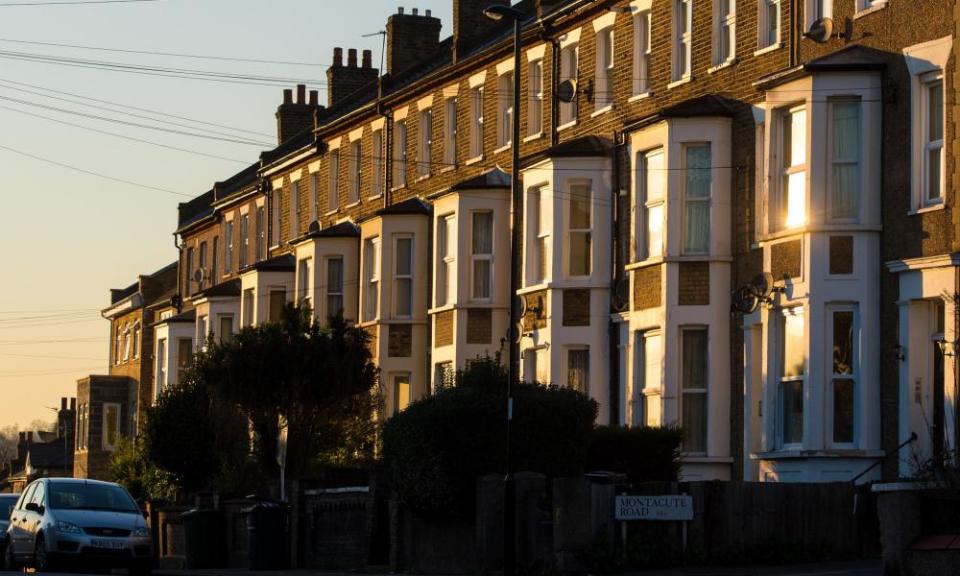We all want to live the good life – but how can we afford it?

A 21st-century life costs too much. At least, the glistening modernity we seek in all aspects of our lives costs too much. There is widespread agreement that Britons deserve the best healthcare modern methods, equipment and trained staff can provide.
There are transport networks desperately in need of funding for upgrades and much-needed maintenance, and for new railway lines to take polluting and carbon-generating cars off the road. The costs run into billions of pounds.
Talking of cars, we want subsidy schemes to swap the UK’s current complement of 39 million petrol and diesel vehicles (cars, lorries and buses) to something more environmentally friendly. When no more than 250,000 currently comply with the definition of environmentally friendly, that’s a tall order.
Sticking to the environmental theme, millions of homes need to be insulated and there need to be more of them, preferably offering subsidised rents, to accommodate millennials currently living with their parents and the extra 220,000 legal migrants who arrive each year and want somewhere to live.
There are campaigns to keep TV licences free for the 3.7 million aged over 75 while the BBC, which is currently suffering huge cuts to the finance needed to cover most of that £750m cost, should remain well funded to maintain its role as a cornerstone of British values.
The eclectic and long wish list goes on and on, spanning calls for a sophisticated border force ready to keep out illegal immigrants and a national superfast broadband network to making sure that the Royal Navy, which has admitted that a quarter of its 76 ships are unseaworthy, has enough money to refit them.
These bills add up to hundreds of billions of pounds over the next 20 years, a period when the population will age and Brexit will chase away many of those companies that have stationed themselves in the UK exactly to benefit from access to the EU.
It’s easy to see why the left dodges the rent issue when so many voters are landlords.
This is all before we have reviewed the broader welfare system and decided how much more money it needs to provide a decent living for disabled people, the elderly and those unable to find work. Such is the shortfall between what we want and what we can afford that something needs to give. We can tax more or borrow more or work harder and produce more stuff to sell.
Had the chancellor gone ahead with his planned budget on 6 November, we might have heard a little of his thinking on the subject.
Javid said last month he would spend around £13.8bn extra a year, restoring the police and schools budgets to something near to their previous peaks. He has pledged to increase spending on infrastructure and has backed higher spending on health, increasing the NHS budget by £20bn over a decade.
But he knows this just scratches the surface of what is needed to make up for nine years of austerity and to keep pace with developments in the digital age.
The Tory plan is to limit public spending on infrastructure to the bare minimum, leaving the bulk of the upgrade to the private sector.
In the 21st century, that means leaving the building of nuclear power stations to the French, digital infrastructure to the Americans and Chinese, and steel manufacture to the Turkish military pension fund currently in the throes of buying British Steel.
These foreign owners want two concessions: firstly to pay zero corporate taxes and, when they provide domestic services, charge a whopping rent.
All of this might be affordable if we weren’t paying such high rents to the owners of Britain’s land and property.
The US, France and Germany have their property hotspots, yet most of the land remains cheap and rents in large cities can be still be affordable.
In the UK, we are all shelling out huge sums on rent and mortgages that could be used to pay tax on collective goods and services, or to buy those goods and services directly.
In 2017, the total amount of rent paid by tenants in Britain soared to more than £50bn, more than double the level seen a decade ago. The total level of mortgage payments has changed little in that time, as the old pay off their loans and own homes outright, while the young take on bigger loans over longer periods to pay ever higher property prices.
It’s easy to see why the left dodges the issue of rent when so many voters are either landlords themselves, invest in property or think property will one day be their financial saviour.
In his book Who Owns England, Guy Shrubsole lays out the problem with startling clarity. He shows that excessive rents are the virus eating away at Britain’s economic future. It should be tackled now.

 Yahoo Finance
Yahoo Finance 